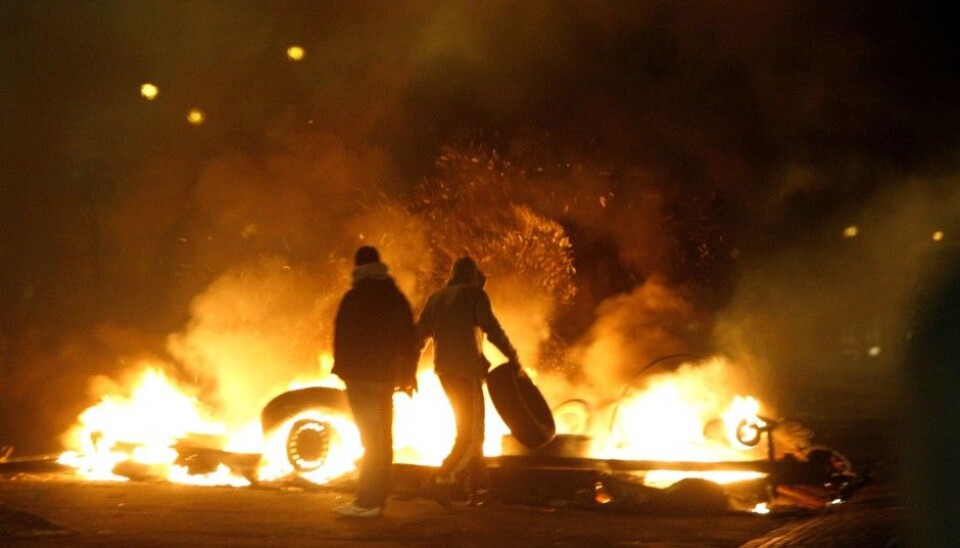
Parents can prevent kids’ criminality
Parents can keep their teenagers away from criminal circles and help prevent them from breaking the law. This is a conclusion of research in Sweden’s third largest city, Malmö.
“My studies show that parents play a big role, also after their children are teens,” says Eva-Lotta Nilsson, a criminology researcher at Malmö University.
Nilsson’s recommendation to parents of children aged 13 to 19 is to not withdraw the involvement they had when their teenagers were small children.
Since 2007 she has followed up how life has evolved for a random sample of children in Malmö. She used this study in her doctoral dissertation.
Parents must keep up
Nilsson has interviewed parents, asking what they know about their adolescents. She also obtained information about what the teens were actually doing for several days.
The researcher discovered:
The parents who know where their children are, who they are with and what they are doing are in a better position for protecting their children.
The researcher found a direct association between the degree of such parental attention and how much their kids eventually use alcohol and drugs.
“Parents can have an impact on which friends their children have,” says Nilsson to ScienceNordic’s Swedish partner forskning.se.
“Parents are especially important when bigger problems occur,” she adds.
Higher risk of criminality
More results of Eva-Lotta Nilsson’s research in Malmö:
- Boys are impacted most when parents live apart. They are also most affected by conflicts with parents.
- For girls, the risk of criminality is greatest if they have weak links to their parents.
- Friends with negative behaviour impact young people’s use of alcohol and drugs. Parents can counteract negative influences by keeping track of what their children are doing and where they are.
- Adolescents who live in troubled areas of the city experience that their parents know less about what they are doing than do parents of peers residing in other parts of town.
Troubled districts
The researcher has not compared various groups of youth. Instead, she followed up a random selection of youth for several years and registered how life played out for each of them individually.
As she sees it, there is a clear link between how much parents follow up their teenagers’ activities and how these kids fare.
She also found an association between the young persons’ moral values and whether they engaged in criminal activities.
The study found that even though a family lives in a problematic part of town, familial controls were more important factors than place of residence for whether life went well for the youngsters.
---------------------------------------
Read the Norwegian version of this article at forskning.no
Translated by: Glenn Ostling






